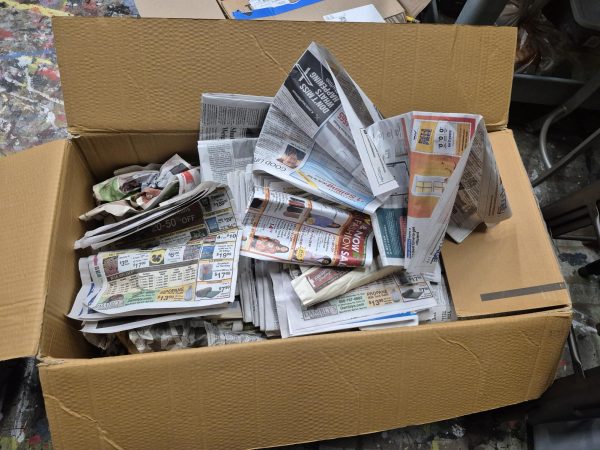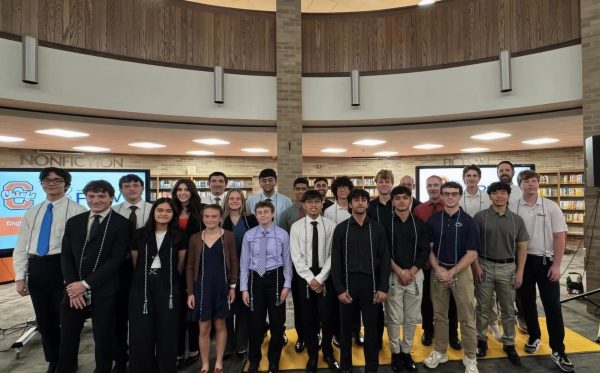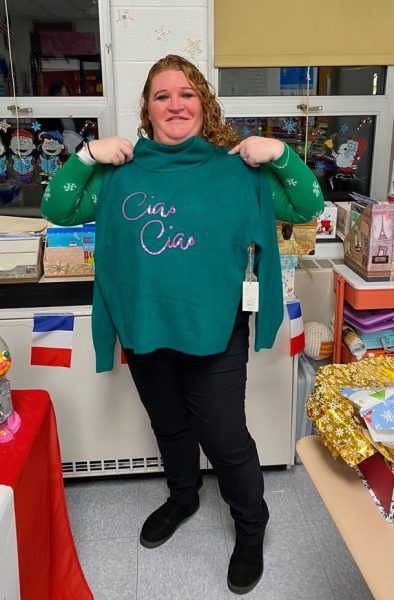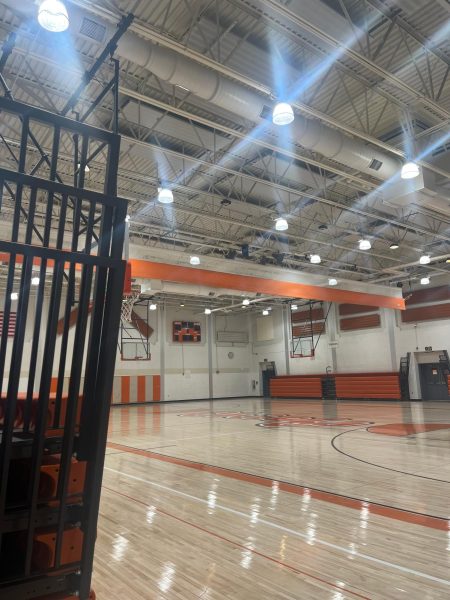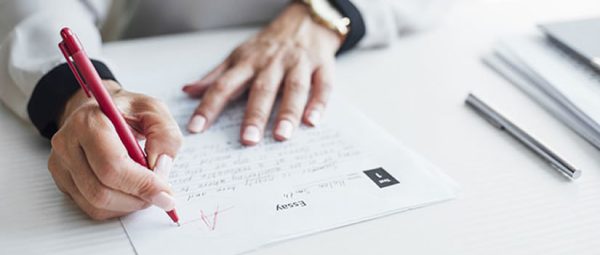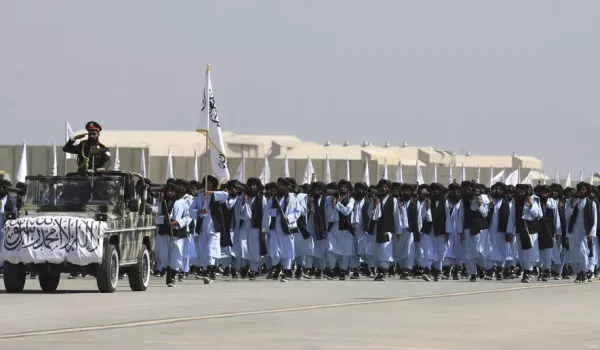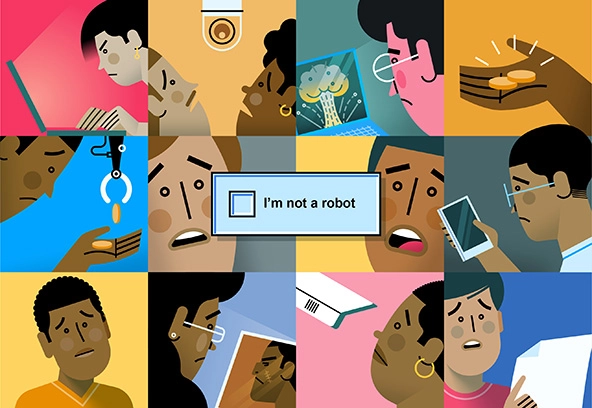Women’s International Club
Women’s International is a club that encourages change in local communities and recognizes global issues by enlightening students about social and civil issues, specifically pertaining to females. The club is affiliated with the Women’s Campaign International (WCI), an organization that “empowers individuals and communities with the skills and support to actively participate in civil society, political decision making, and economic development.” Having worked in over 45 countries, WCI is partnered with federal organizations like the Department of Defense of the United States and foundations like The Rockefeller Foundation. With this backing, the club leaders Alana House and Lauren Johnston plan to serve their cause in a simple five step plan: appreciate, educate, donate, lead, and envision.
At their first meeting on September 29th, House explained that often times in history books influential women are left out. These women range from technological innovators and academia women’s rights crusaders. These womens’ stories are crucial to bringing change and appreciating the world, says House. However, some of these stories hold stigmas in society, and by educating and breaking those barriers, the club aims to transform the dialogue on women’s rights, particularly in Cherokee. Johnston says “the US [is making] good…[progress]…but other countries need to catch up.” For example, global issues like gender violence and genital mutilation are not covered by the mainstream media, and thus lack exposure. Johnston wants the club “to stand up for people who don’t have a voice” and get students involved, such as by donating to causes that help serve women in need. Donating is a form of active participation that helps students apply what they have learned and become advocates for the issues they stand behind. The club wants to not only donate money or supplies, but time as well. The club is looking to run drives and sales for Hurricane Harvey, Hurricane Irma, and UNICEF for often unrepresented supplies like feminine hygiene products; to volunteer at shelters for victims of abuse; and to run rallies for a cause. Or as Alana puts it, “anything we can [do] to help.” To top off their plans, the club offers leadership positions: a publicist to advertise and market, a general adviser to assist and answer questions, and a secretary to manage funds. The club leaders House and Johnston want to make the club “very participatory” and include “many minds” by adding discussions and Google polls. As House jokingly calls it, the club is a “fair dictatorship.” The central point of the club is to be “fun and interactive” and for the members to learn and discuss important issues. Just because the club centers around women’s empowerment does not mean it isn’t open to male students, especially since, as Johnston puts it, “they can help just as much much as girls can.” With already a couple of boys in the club, the club is open to more diversity and involvement.
When asked about the inspiration for the club, House credits one of her family members that was a part of Women’s Campaign International and who ignited her passion for the topic. After looking at other schools in the district that had women’s clubs, House was even more motivated to start one herself. Her cause of “empowering women locally and globally” is so dear to her heart that she plans on furthering this in her career by majoring and minoring in something that would benefit this cause. Her partner in crime, Johnston, holds similar interests in women’s empowerment. She calls this club an “opportunity to meet like-minded people” with “a little bit of effort” and change. Her opinion aligns with the Women’s Campaign International organization vision of “a world where women and men have equal seats at ‘the table’ in social, political, economic and all other spheres around the world.” She believes we can “be the voice that women in the past have been for us, we can be the change for others.”



